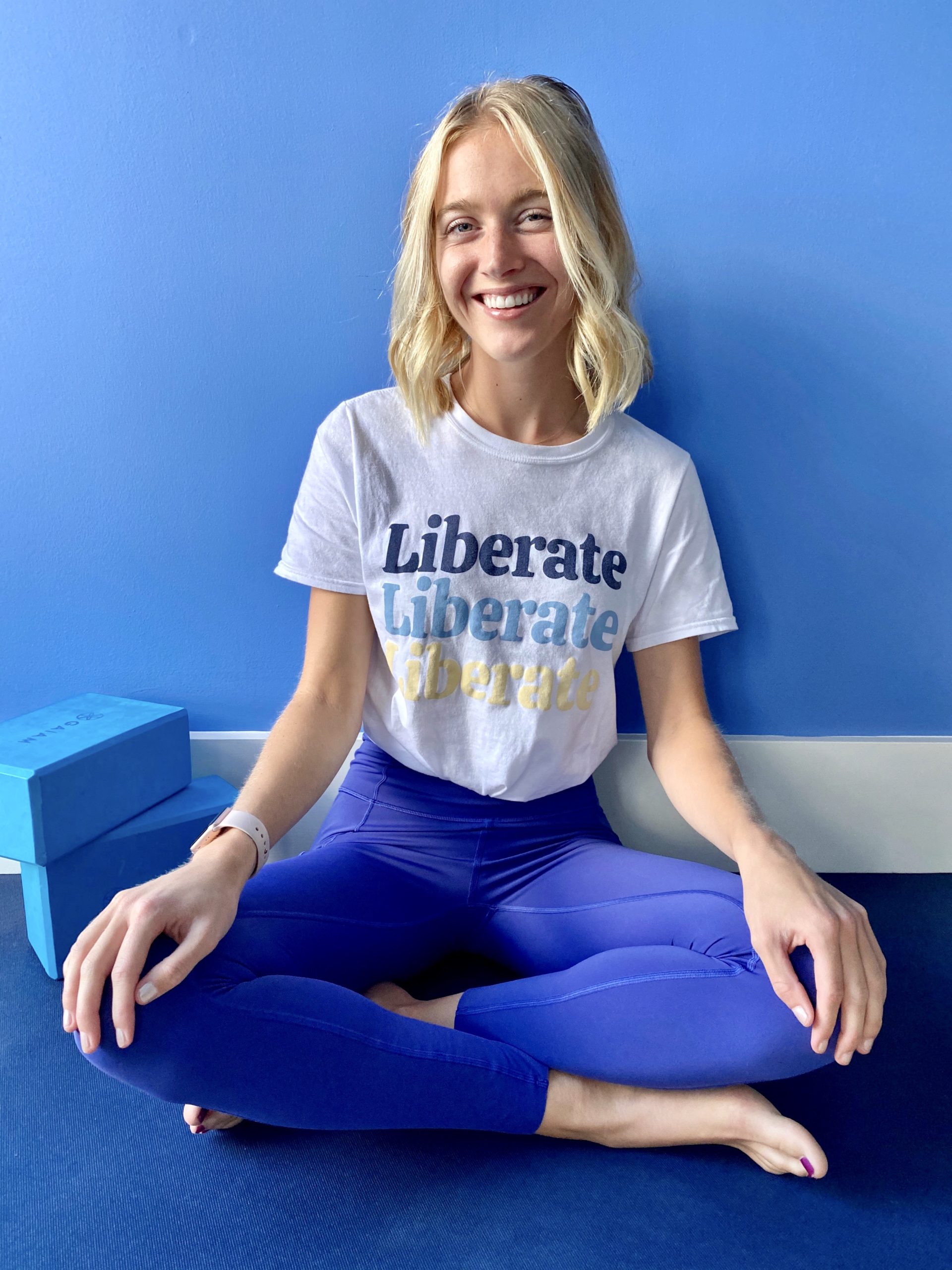It can be scary to realize that you’re in your thirties and maybe haven’t saved as much as you hoped. Or worse, maybe you don’t even have an emergency savings fund :Gasps:.
All is not lost, and it is NEVER too late to get your financial health in check. As a matter of fact, a great analogy for getting your savings on track is dieting. Most fitness influencers will tell you it’s not about a crash diet but rather a lifestyle change. And a solid lifestyle change is not just about cutting calories and shedding pounds, it’s much more to do with making healthy swaps, portion control, and steadily working towards your goal.
So let’s get our lifestyle change on! Here is a four-step plan to getting serious about saving:
Step 1: Take a look at your spending
A good place to start with your savings is to see what your current spending habits look like. As with a change in your diet, you will want to track everything you eat (aka spend). There are a couple of ways to do this:
a. Write everything down, every time you spend cash, swipe a credit card, or send through an auto payment. Jot. It. Down.
b. Recover from your severe carpal tunnel and use Mint. Mint is a free to use, safe, and simple budget tool which offers track spending (PTL!), investments, credit score and more.
Once you have at least a month of spending tracked you can move onto step two.
Step 2: Create a Budget
Budgets sound scary but I promise they’re not. This steps means creating realistic buckets that your money will go into.
As a rule of thumb, your salary should be broken down as such:
–50% Needs: Groceries, rent, health insurance–NEED to haves
–30% Wants: (Sighs) yes, there’s an aspect of self control here, but most pundits agree that only 3/10 of your salary should go towards excess expenses such as shopping, eating out and hobbies. Which leaves..
–20% Savings!
If your current budget breakdown seems unrealistic, for example if 30% of your paycheck goes just to eating out and you dip into other buckets to offset shopping, you might be suffering from lifecycle creep.
“Lifestyle creep occurs when an individual’s standard of living improves as their discretionary income rises and former luxuries become new necessities. … A hallmark of lifestyle creep is a change in thinking and behavior that sees spending on nonessential items as a right rather than a choice.” – Investopedia
First, look at your 50% bucket. If your needs don’t fall into that, you may be biting off more than you can chew in terms of rent or phone bill for example.
If it’s the 30% that’s throwing you off, this is the time to begin analyzing your Mint or hand written budget tracking. Where are you getting caught up? Is it on subscriptions that you don’t even use? Is it impulse shopping? Time to sit down and sip on some of that honest-tea ya’ll.
Step 3: Automate
One of the best pieces of advice I’ve ever received about saving and avoiding lifestyle creep is to automate my direct deposit. If you go from $50,000 to $60,000 at work, automate that extra $10k in monthly increments to your 401k or other savings account. If you never start spending it, you’ll never miss it!
Just the same, after you take note of your budget and can commit to saving, set up your bank accounts and deposits so you can hack some automagical savings!
And before you backtrack and say you’ll move the money yourself after getting paid, if you’ve made it this far without saving you cannot be trusted to manually move money into a savings account, do yourself a favor: Automate it.
Step 4: Side Hustles/Multiple Streams of Income
Just like we can be superfluous with our money, so can we be with our time and skills. You don’t HAVE to watch 3 hours of Netflix. You can watch 2 or even 2 and a half, and invest that remaining time into honing a skill, or picking up a side hustle.
Uber driving, fixing up your apartment to be AirBnB’d while you’re out having a hot girl summer, offering piano lessons or walking dogs, all can provide you with some extra income (and keep you busy so you’re not spending!).
And you can net that right into a savings account!
Is saving a concern of yours? How do you stay on track with your financial goals? Share in the comments below.
 Why I’m Seeing a Therapist Even Though I’m in a Good Place
Why I’m Seeing a Therapist Even Though I’m in a Good Place Everything You Need to Know About Essential Oils
Everything You Need to Know About Essential Oils Welcome to Advice from a 30 Something!
Welcome to Advice from a 30 Something! 5 Smart Money Habits To (Finally) Nail This Decade
5 Smart Money Habits To (Finally) Nail This Decade The 5 Best Podcasts for 30 Somethings
The 5 Best Podcasts for 30 Somethings Our First Home: The Before Photos & Renovation Plan
Our First Home: The Before Photos & Renovation Plan An Indie Dinner Party Playlist
An Indie Dinner Party Playlist 3 Tips for Low Maintenance Hair Color
3 Tips for Low Maintenance Hair Color How to Take Better Care of Your Clothes
How to Take Better Care of Your Clothes 4 Quick Tips for Making An Outfit More Flattering
4 Quick Tips for Making An Outfit More Flattering Screw Timelines: Why We Bought a House Before Getting Engaged
Screw Timelines: Why We Bought a House Before Getting Engaged Why I Waited Until My 30s To Get Married
Why I Waited Until My 30s To Get Married 10 Things You Didn’t Want to Know About Birth (But Kinda Need To!)
10 Things You Didn’t Want to Know About Birth (But Kinda Need To!)








Pingback: 9 times it's not smart to take your parents' advice . -advice from a 30 something